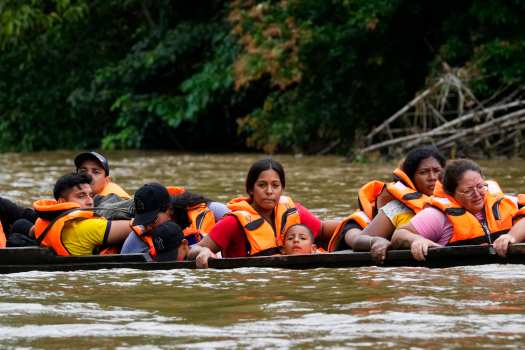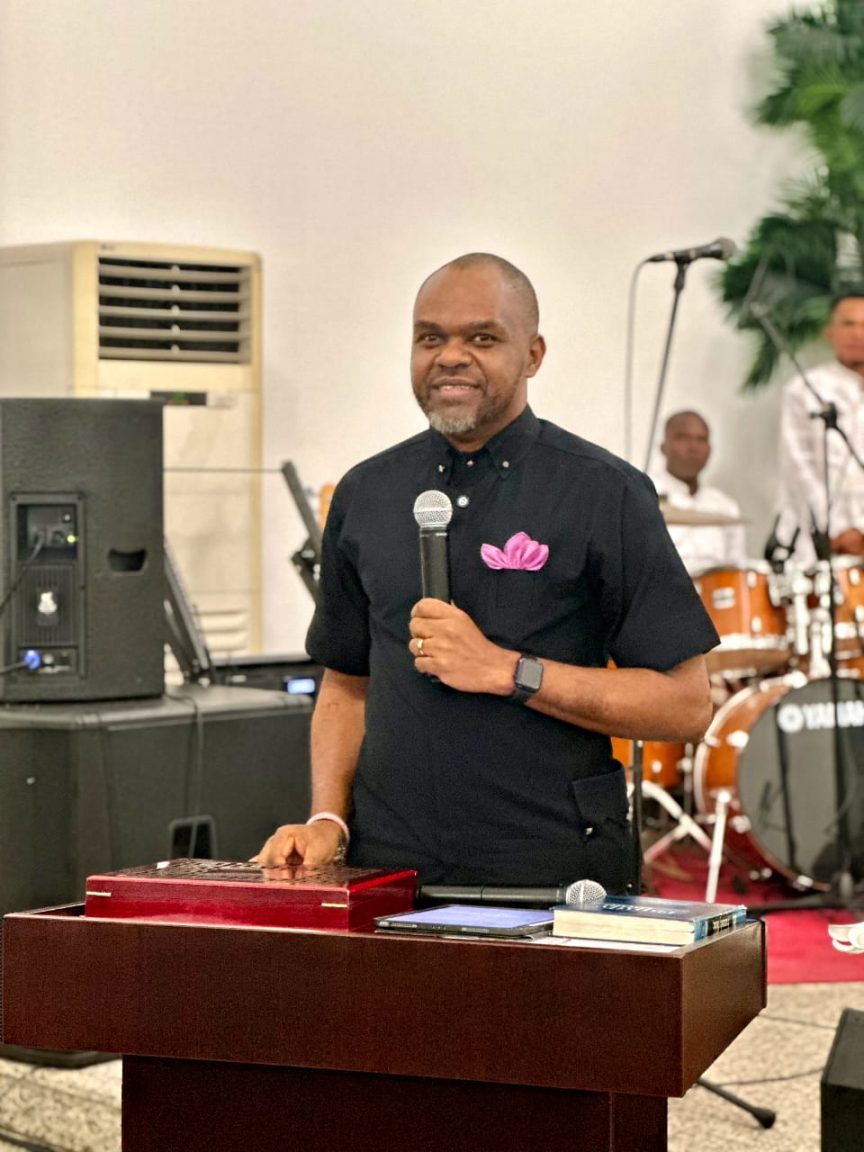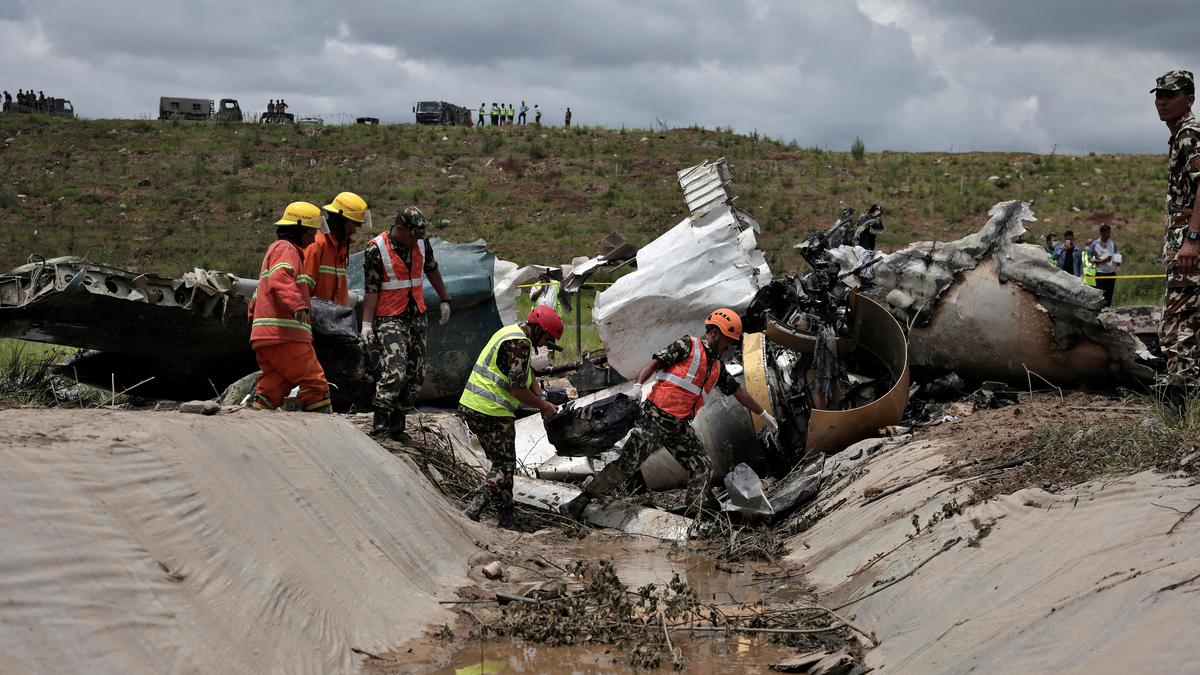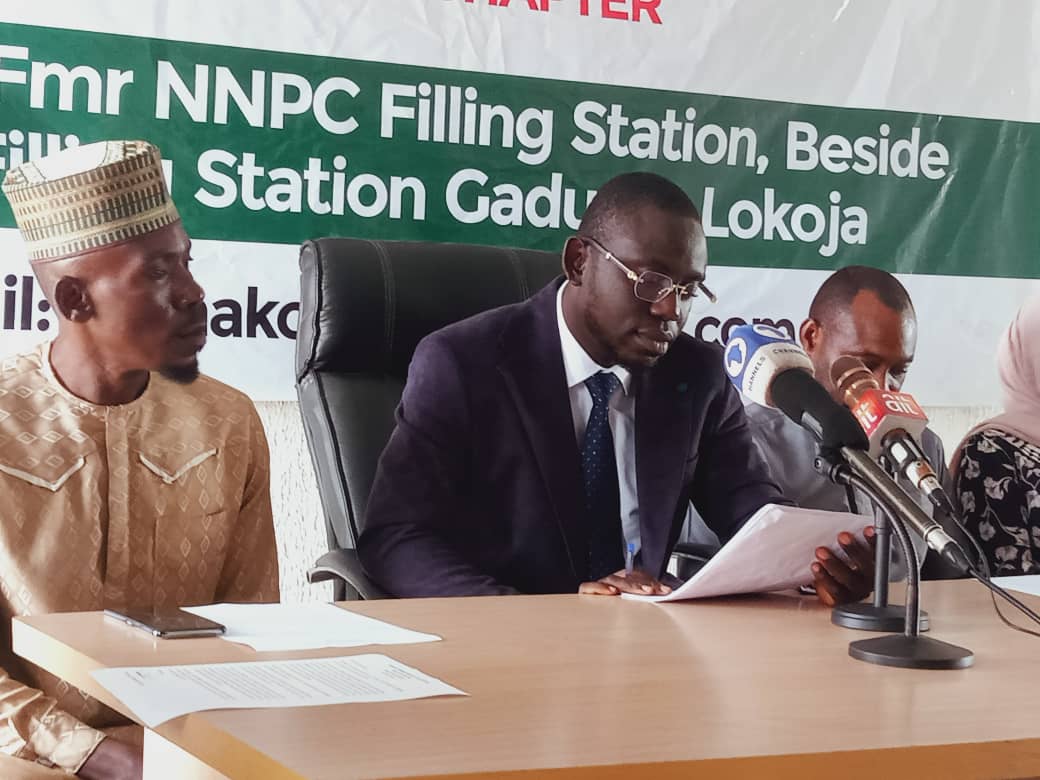Amid the global celebration of seafarers and accolades for their resilience and valuable contributions to sustaining global trade and driving world economic growth, there are concerns over the plight of Nigerian seafarers, who face neglect and hardship despite their pivotal role in the nation’s maritime operations, ADAKU ONYENUCHEYA writes.
The world celebrated the 2024 Day of the Seafarer on June 25, recognising their contributions to sustaining global seaborne trade and boosting the economy.
The theme for the day, “Navigating the Future; Safety First,” underscored the call for global commitment to seafarers in navigating a future where safety, security, and sustainability converge to ensure a prosperous maritime sector for all.
The International Maritime Organisation (IMO) stated that the Day of the Seafarer pays tribute to those who have lost their lives while serving on ships.
The Secretary-General, IMO, Arsenio Dominguez, while paying tribute to the two million seafarers, who keep global markets functioning and supply chains operational, emphasised that their dedication and sacrifice must not be overlooked.
“Seafarers have been sorely tested in recent years, facing hostile acts such as piracy or in conflict zones. I humbly acknowledge seafarers’ resilience and sacrifice in the name of work. Without seafarers, there would be no shipping, which is a lifeline for global trade.”
United Nations Secretary-General, António Guterres, said seafarers are vital in ensuring a seamless flow of essential goods that eventually reach markets, homes, and peoples’ tables. He said despite these, their lives have been put on the line in the face of grave threats.
“Let us salute them for their essential work and support their safety,” he stated.
While other countries recognise and celebrate their seafarers, Nigeria neglects hers, with many languishing due to lack of financial support and protection, despite navigating insecure waters plagued by sea pirates and armed robbers, who frequently kidnap crew members.
The situation worsens for aging seafarers, as there are no retirement plans or government support to help them transition away from the sea. This was the case of Lasisi Lawal, once among the 27 crew members of the ill-fated MV River Gurara, a nine-year-old Nigerian-owned Motor Vessel that met its disaster off the coast of Lisbon, Portugal in 1989.
Though deceased, Lawal’s dream of a better tomorrow was anchored on the promise of a brighter future, yet his hopes were dashed by the indifference of those in power.
His story is not his alone but echoes the silent struggles of many seafarers, who labour unseen and uncelebrated despite their significant contributions to the economy.
There is not even a monument stand to recognise seafarers in Nigeria. The Day of the Seafarer was established in a resolution adopted during the 2010 Diplomatic Conference in Manila, aligned with the International Convention on Standards of Training, Certification, and Watch-keeping for Seafarers (STCW).
This resolution mandates countries and ship owners, shipping companies and all concerned parties to uphold an international standard of competency and welfare for seafarers, ensuring their safety and recognising their unique contributions to global seaborne trade and economy.
Unfortunately, the surviving disengaged seafarers of the defunct Nigerian National Shipping Line (NNSL) still languish in pain and suffering over unpaid benefits after 28 years of liquidation.
After numerous seafarers’ verification exercises by the Ministry of Transportation and now the Ministry of Marine and Blue Economy to ascertain the number of retired seafarers awaiting pension payments following years of negotiations with the Federal Government, there is still no hope of receiving their dues from the Nigerian Maritime Administration and Safety Agency (NIMASA).
The 5,000 seafarers still onboard vessels sailing into Nigerian waters and working for local and foreign ship owners are no better off, facing mistreatment and lower pay than their foreign counterparts, despite the Cabotage Act.
The President of the Maritime Professionals Forum, Captain Akanbi Oluwasegun, highlighted the often-overlooked struggles of seafarers as the world celebrates Seafarers’ Day.
He shed light on the untold stories and sacrifices of those, who spend their lives on the vast, restless oceans. Oluwasegun invoked the memory of Lasisi Lawal, whose dreams of a better future were thwarted by the indifference of those in power, a fate he said resonates with many seafarers who labour unseen and uncelebrated.
“Today, as the world gathers to celebrate Seafarers’ Day, let us pause and truly listen to our loud whispers. Beneath the surface of our joyous gatherings lies the untold story of countless men and women whose lives are intertwined with the vast, restless oceans.
“Think of the seafarers, the silent guardians of our global trade, whose marriages crumble like fragile sandcastles under the weight of their prolonged absence,” Oluwasegun urged.
He spoke of personal lives adrift, families left to navigate the stormy seas of loneliness and the discrimination and humiliation Nigerian seafarers face even within their lands.
Oluwasegun emphasised that despite their crucial role in global trade, many seafarers encounter neglect and prejudice from resource managers meant to support them but stand as barriers. He questioned the day’s celebrations, calling for a deeper acknowledgment of the hidden pains these individuals endure.
“So, what are we celebrating today? Let us not merely don festive cheers. Let us honor the true spirit of Seafarers’ Day by acknowledging these hidden pains and pledging to bring about change,” he stated.
Oluwasegun called for genuine compassion and solidarity, urging that Seafarers’ Day become a beacon of justice, love, and respect for every seafarer. He urged governments to transform momentary celebrations into lasting commitments to support the seafarers who keep the world’s trade afloat.
The Secretary-General of the Merchant Seafarers Association of Nigeria (MESAN), Captain Alfred Oniye, said the global theme resonates deeply in Nigeria, where the maritime industry faces multifaceted challenges impacting safety, security, and sustainability.
Oniye noted that Nigeria’s coastal waters, crucial for its economy and security, are plagued by piracy, sea robbery, and other criminal activities.
He attributed these security threats to underlying issues such as bad governance, environmental degradation, unemployment, and poverty. He highlighted that the country currently accounts for 75 per cent of incidents in the Gulf of Guinea, underscoring the critical need for enhanced regulatory adherence and effective implementation.
According to him, as vessels become increasingly interconnected and reliant on smart systems, cybersecurity emerges as a pressing concern. Oniye stressed that safeguarding data, crew members, and assets against cyber threats has become paramount for ensuring safe maritime operations.
He also pointed out that the sector’s shift towards smart ships and automation presents opportunities for efficiency but underscores the need for rigorous safety protocols amidst the pursuit of fully autonomous vessels.
Oniye said moreover, unsustainable practices by oil companies have disrupted traditional livelihoods in coastal communities, underscoring the urgent need for alternative fuels aligned with safety and environmental sustainability goals.
Oniye emphasised that enforcing safety regulations remains a significant challenge for Nigeria, exacerbated by weak oversight, corruption, and inadequate resources.
Looking forward, Oniye advocated for a comprehensive approach that prioritises safety as the cornerstone of Nigeria’s maritime strategy. He stated that by tackling challenges head-on, promoting regulatory compliance, and investing in sustainable solutions, Nigeria will foster a safer, more efficient, and resilient maritime industry.
The President of the Women’s International Shipping and Trading Association (WISTA), Dr. Odunayo Ani, appreciated Nigerian seafarers’ contributions to sustaining global trade.
Ani, who is also a director at NIMASA, said that in line with this year’s theme, seafarers have demonstrated their commitment to safety through their training, managing enormous tasks at sea.
She highlighted that every aspect of work at sea demands adherence to safety protocols, stating that seafarers worldwide are working diligently to ensure smooth shipping processes that are hitch-free and sustainable.
The WISTA Nigeria president praised the efforts of seafarers, including marine engineers, ship captains, and everyone who plays a role in this discipline.
“There is no doubt about your commitment to safety in your line of duty. That is why shipping and other maritime activities, including fishing, deep-sea mining, and travel, continue to thrive,” Ani said.


















